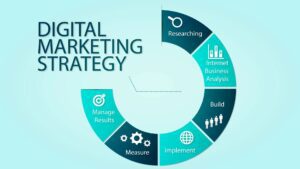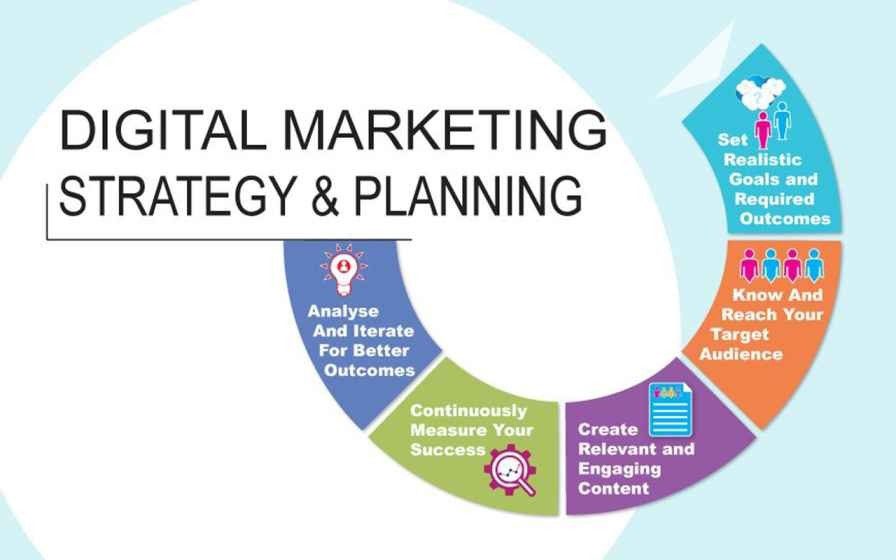In the digital age, establishing a solid online presence is essential for the success of any small business. With consumers increasingly turning to the internet for information and shopping, small businesses must adapt and employ effective strategies to stand out in the crowded online marketplace. This article explores critical strategies that can help small businesses boost their online presence and thrive in the digital landscape.
Build a Professional Website:
A well-designed and user-friendly website serves as the virtual storefront for your business. Investing in a professional website that reflects your brand identity, provides relevant information, and ensures a seamless user experience is crucial. Mobile responsiveness is also essential, as many users access websites via smartphones and tablets.

Leverage Search Engine Optimization (SEO):
Optimizing your website for search engines is vital for improving its visibility and driving organic traffic. Conduct thorough keyword research to understand what terms your target audience is searching for, and integrate these keywords naturally into your website content. Regularly update your content, optimize meta tags, and ensure a fast-loading website to enhance your SEO efforts.
Create Quality Content:
Content marketing plays a pivotal role in establishing authority and attracting online visitors. Create material that appeals to your target audience by making it interesting, pertinent, and of high quality. Posts on blogs, articles, infographics, videos, and more can fall under this category. Share your expertise and address your customers’ pain points to position your business as a valuable resource in your industry.
Utilize Social Media Platforms:
Social media platforms provide a powerful avenue for small businesses to connect with their audience and build a community. Identify the platforms where your target audience is most active and create a consistent posting schedule. Engage with your audience through comments and messages and by sharing user-generated content. Social media can also be used for targeted advertising to target particular demographics.

Implement Email Marketing:
Building and nurturing an email list lets you stay connected with your customers and prospects. Craft compelling, personalized email campaigns that provide value, including exclusive offers, updates, and relevant content. Use email marketing to drive traffic to your website, promote new products or services, and build long-term relationships with your audience.
Encourage Customer Reviews and Testimonials:
Positive reviews and testimonials from satisfied customers can significantly enhance your online reputation. Encourage customers to leave reviews on your website, social media platforms, and popular review sites. Responding to both positive and negative reviews demonstrates transparency and a commitment to customer satisfaction.
Invest in Online Advertising:
Paid online advertising, such as pay-per-click (PPC) campaigns, can provide immediate visibility for your small business. Platforms like Google Ads and social media advertising allow you to target specific demographics, interests, and behaviors, maximizing the effectiveness of your ad spend.
Collaborate with Influencers and Partners:
Partnering with influencers and other businesses in your industry can amplify your online presence. Influencers can introduce your brand to their followers, providing a trusted recommendation. Collaborative efforts, such as joint promotions or giveaways, can expand your reach and attract new customers.
Conclusion:
Building a solid online presence is a dynamic and ongoing process that requires a strategic approach. By implementing these effective strategies, small businesses can increase their visibility and establish meaningful connections with their target audience. Embrace the digital landscape, stay adaptable, and consistently refine your online presence to ensure long-term success in the competitive online marketplace.

